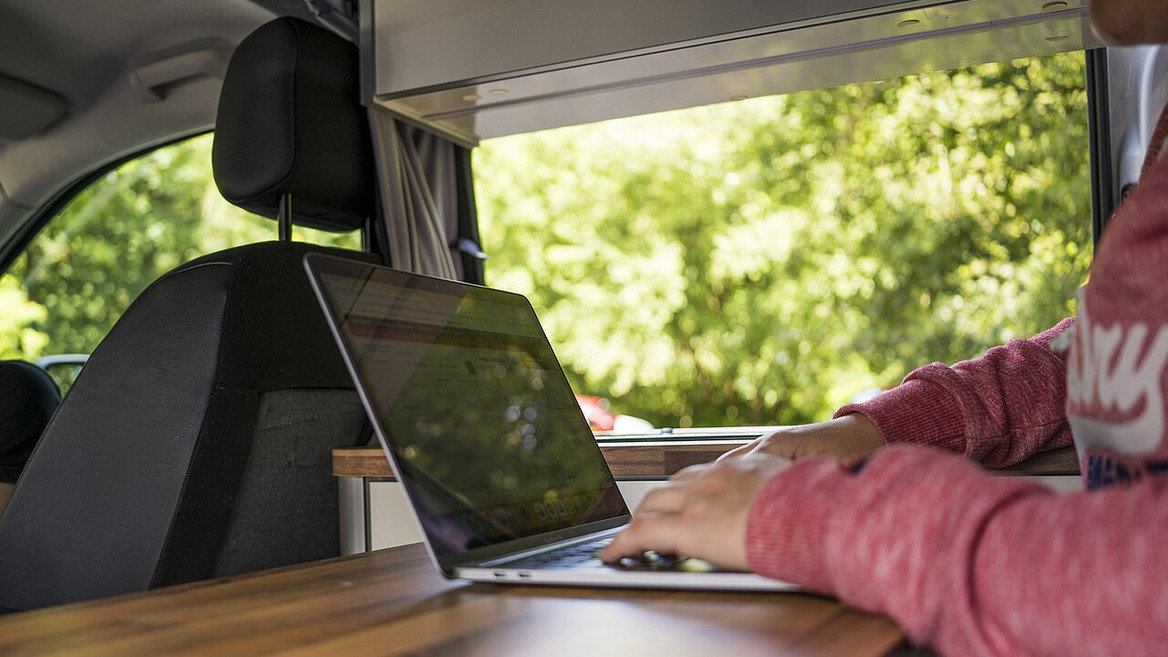Main Content
European Network Project Investigates Remote Work

Remote work, in other words working across physical distances, is no longer a niche phenomenon, rather a broad trend with many different forms. It is an expression of far-reaching social transformations. A new European research network aims to understand these transformation processes and make them accessible for policy-making. IRS is involved in the network.
Since February 2024, the Research Area "Economy and Civil Society" has been participating in the international network project "REmote-Working Multiple Impacts in the Age of Disruptions: Socioeconomic Transformations, Territorial RethinKING, and Policy Actions", or REMAKING for short. The research focuses on remote work, meaning online work over physical distance, such as in the home office. The project understands remote work as an expression of several profound social changes or megatrends, such as the digital transformation and the flexibilization of production models. In addition, there are disruptive events such as the COVID-19 pandemic and the Russian war of aggression against Ukraine. The latter drove millions of people to flee their homes, many of whom are now working remotely.
REMAKING aims to understand the social transformations that manifest themselves in remote work and make them more accessible to political decision-makers. Remote work should no longer be viewed as an isolated phenomenon and "tinkered with the symptoms". The aim is to understand remote work as an approach to more fundamental change processes and to support political measures on remote work as a form of transformation, including at local level. Four different types of remote work are considered: digital nomadism, post-pandemic, highly skilled workers in high-tech sectors and forced remote work through displacement. The four case studies cover a total of seven countries: Italy, Greece, Portugal, Germany, the Czech Republic, Ukraine and Ireland.
The project network is coordinated by the University of Bologna. A total of twelve research institutions and practice partners from all researched countries are cooperating in REMAKING. The project runs from February 2024 to July 2027 and is funded by the European Commission.

